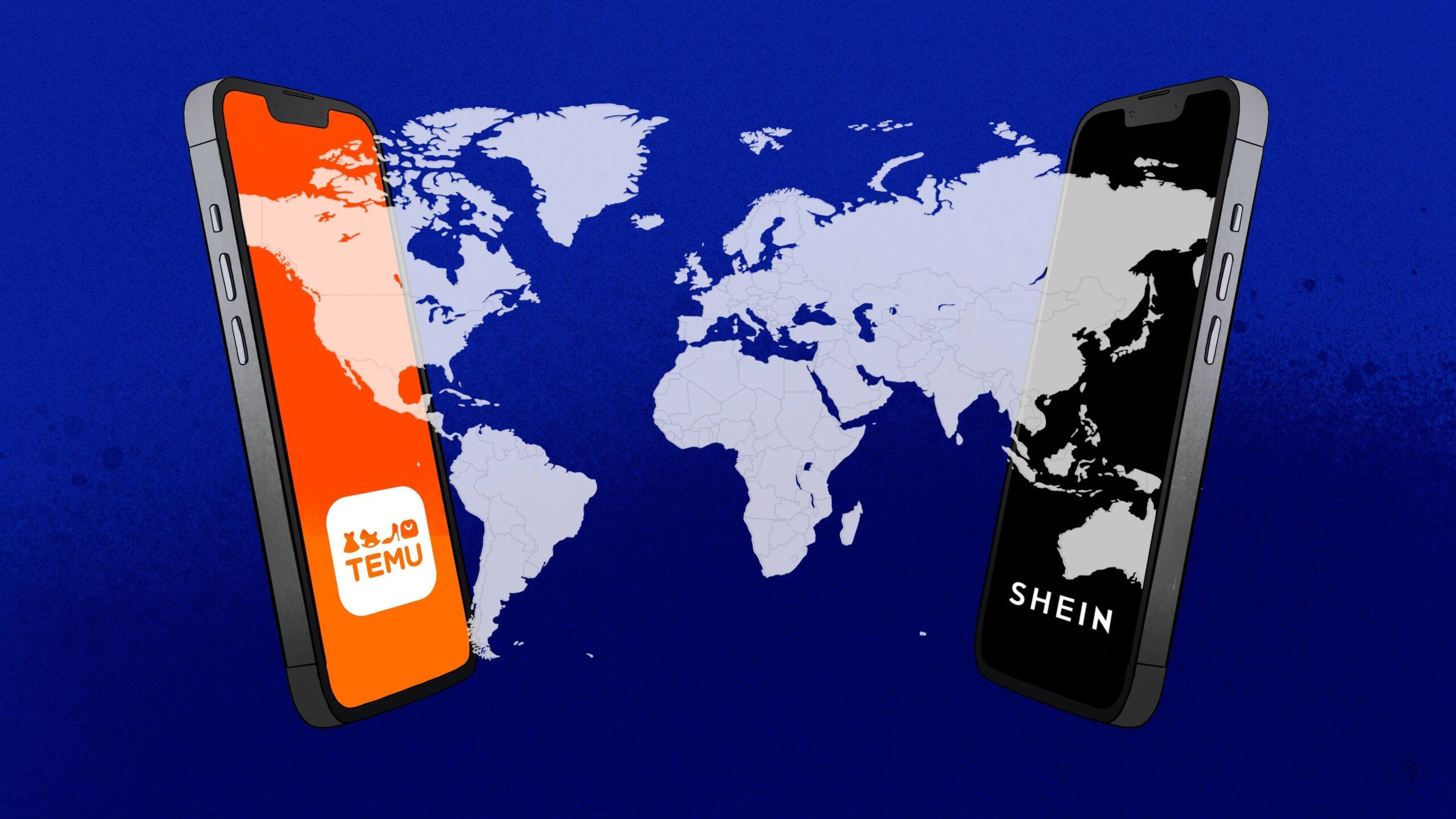Temu and Shein have made their mark in the constantly changing landscape of online retailers as two contenders for the throne in terms of affordability and acclaim. Both companies are well-known for their fast rise and reputation for being affordable goods. Like any other comparison, it is imperative to dig deeper into their business models to determine whether Temu and Shein are alike or different companies in the online shopping space. For more information, click Temu vs Shein

The rising of Shein as well as temu
Temu’s ascent to prominence has definitely drawn parallels to the success story of Shein. Both companies have experienced exponential growth and caught the attention of consumers who value their money. Their appeal lies in the affordability of their merchandise, which enables shoppers to remain stylish without breaking the budget. This has caused many to wonder what is the difference between Temu and Shein constructed from the same material?
Differences and similarities
While Temu and Shein have the common feature of offering products that are budget-friendly but they aren’t mirror models of one another. Temu is a pioneer in the market, thanks to its unique Next-Gen Manufacturing strategy, stands out due to its massive cost savings across all categories of merchandise. The model is based on modern manufacturing techniques that speed up production, cutting costs and transferring the benefits to the customer.
However, Shein has gained a reputation for its fashion-forward approach, primarily focusing on clothing and related accessories. Shein’s selling point is that it keeps up to date with the latest fashions and offers a range of options to meet the different tastes. The focus on fashion as well as the related verticals of accessories and beauty have allowed Shein to make a name for its brand.
The latest business models in the spotlight
Temu’s Next-Gen Manufacturing model deserves a closer look. Through the use of advanced technologies like automation, data analytics and AI-driven insights, Temu optimizes its manufacturing processes and supply chain. This allows them to cut production costs, while ensuring quality. Temu has a variety of products at competitive prices in a variety of categories, from electronics to home products. This is what sets Temu aside from Shein which is focused in the area of fashion and related products.
Shein has a wide range of fashion styles, but its business model is built on the continuous updating its inventory in order to adapt to the ever-changing fashion preferences. It demands quick design, production and distribution processes. This is a major factor in its popularity among young consumers who are searching for fashionable items at low costs.
Ownership matters
The question of whether Shein is the owner of Temu has generated a lot of curiosity. However, this notion isn’t true. Temu and Shein regardless of superficial similarities or differences both are separate entities. They have separate ownership structures. Temu is an individual player in the realm of e-commerce, with a focus on its distinctive manufacturing process, whereas Shein remains distinct and is known for its fashion-forward offerings.
The Takeaway
It’s easy to draw comparisons among companies with the same growth trajectory in the turbulent sea of e-commerce. The stories of Shein and Temu show that, despite the similarities the differences between them are significant. Their different approaches to manufacturing and business as well as marketing highlight their individuality.
Temu’s Next-Gen Manufacturing strategy is a testament to innovation within the e-commerce industry. Temu’s Next-Gen Manufacturing model stands as an affirmation of the power of innovation in the e-commerce sector. Shein is on the other hand is known for its devotion to the latest fashions. Its rapid product turnover also reinforces its position as a leader in the field of fashion-related ecommerce.
Temu’s comparison to Shein illustrates the differentiating factors between the two companies in the realm of e-commerce. While both companies cater to consumers who are price conscious but their business strategies, models and expertise areas diverge significantly. Temu’s manufacturing skills, and Shein’s quick fashion savvy demonstrate the diverse nature of the e-commerce ecosystem. Let us, as consumers and online users, appreciate the distinctiveness these platforms brings to the table, and continue exploring the expanding world of shopping online.